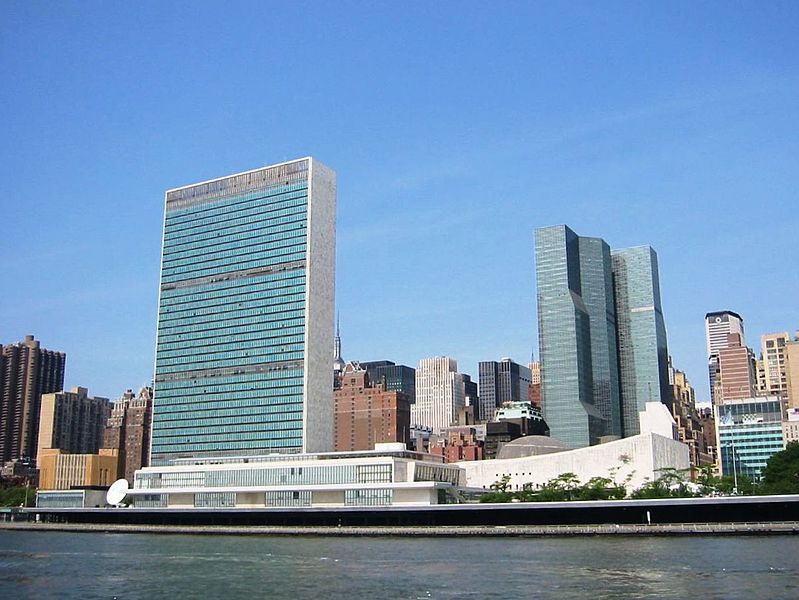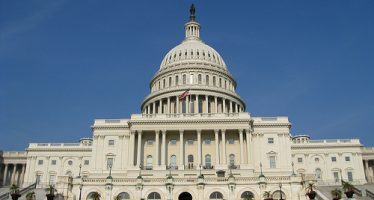UN Downgrades Economic Forecasts for 2013/14
 World economic growth has weakened considerably during 2012 and is expected to remain subdued in the coming two years, according to a United Nations report in late December, which calls for policy changes to spur growth and tackle the jobs crisis.
World economic growth has weakened considerably during 2012 and is expected to remain subdued in the coming two years, according to a United Nations report in late December, which calls for policy changes to spur growth and tackle the jobs crisis.
The World Economic Situation and Prospects 2013, states that the global economy is expected to grow at 2.4 per cent in 2013 and 3.2 per cent in 2014 – a significant downgrade from the UN’s forecast of half a year ago:
“This pace of growth will be far from sufficient to overcome the continued jobs crisis that many countries are still facing,” said a news release on the report. “With existing policies and growth trends, it may take at least another five years for Europe and the United States to make up for the job losses caused by the Great Recession of 2008-2009.”
Noting that weaknesses in the major developed economies are at the root of the global economic slowdown, the report stresses that most of them, but particularly those in Europe, are trapped in a “vicious cycle of high unemployment, financial sector fragility, heightened sovereign risks, fiscal austerity and low growth.”
“A worsening of the euro area crisis, the ‘fiscal cliff’ in the United States and a hard landing in China could cause a new global recession. Each of these risks could cause global output losses of between 1 and 3 per cent”
Several European economies and the euro zone as a whole are already in recession, and euro zone unemployment increased further to a record high of almost 12 per cent this year. Also, the US economy slowed significantly during 2012 and growth is expected to remain “meagre” at 1.7 per cent in 2013. Deflationary conditions continue to prevail in Japan.
The economic woes in Europe, Japan and the US are spilling over to developing countries through weaker demand for their exports and heightened volatility in capital flows and commodity prices.
“A worsening of the euro area crisis, the ‘fiscal cliff’ in the United States and a hard landing in China could cause a new global recession. Each of these risks could cause global output losses of between 1 and 3 per cent,” warned Rob Vos, Director of DESA’s Development Policy and Analysis Division and team leader for the report.
Stating that present policies fall short of what is needed, the report calls for changing course in fiscal policy and a shift in focus from short-term consolidation to robust economic growth with medium to long-term fiscal sustainability.
It also recommends avoiding premature fiscal austerity, while noting that the reorientation of fiscal policies should be coordinated globally and aligned with structural policies that support direct job creation and green growth. In addition, it recommends that monetary policies be better coordinated globally and regulatory reforms of financial sectors be accelerated to stem exchange rate and capital flow volatility, which pose risks to the economic prospects of developing countries.
You may have an interest in also reading…
Otaviano Canuto, World Bank Group: Fiscal Policy Redux
As part of their response to negative shocks coming from advanced economies after the Lehman Brothers’ collapse in 2008, most
Joy to the World — Founding Father of Indian Company with Mission for Health
“When you spread joy, it returns to you multiplied,” says Huzaifa Khorakiwala, more commonly known as “Sir Dr Huz”. Wise
Tobias Preis: Beating the Stock Market with Google’s Big Data
Google your way to riches: It can be done and Tobias Preis has proved it. Search query data on publically

















































































